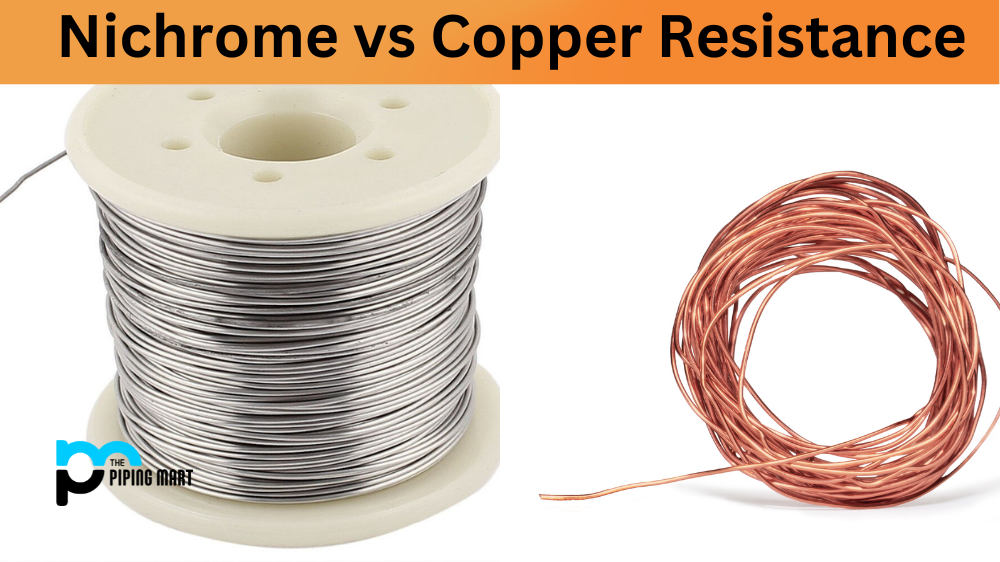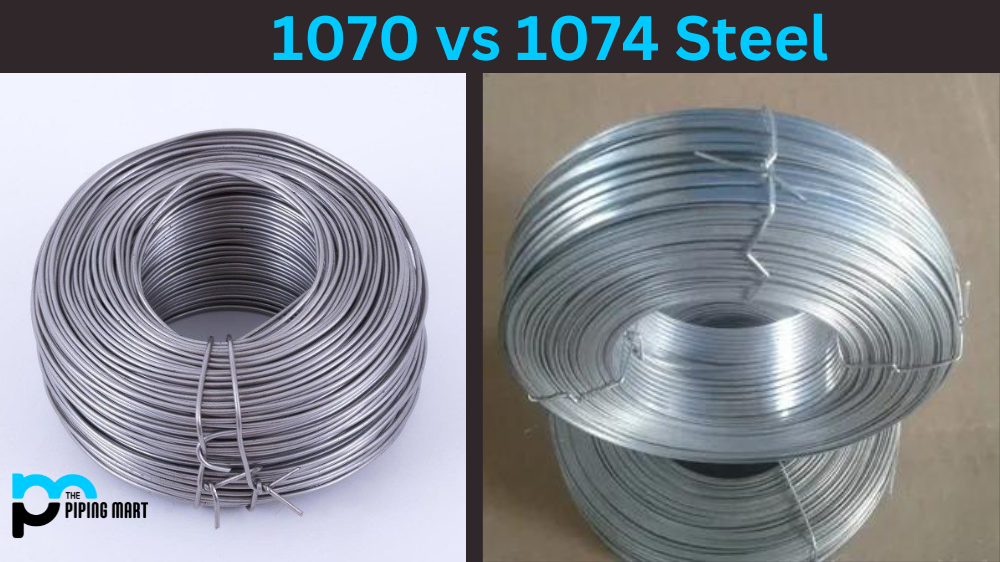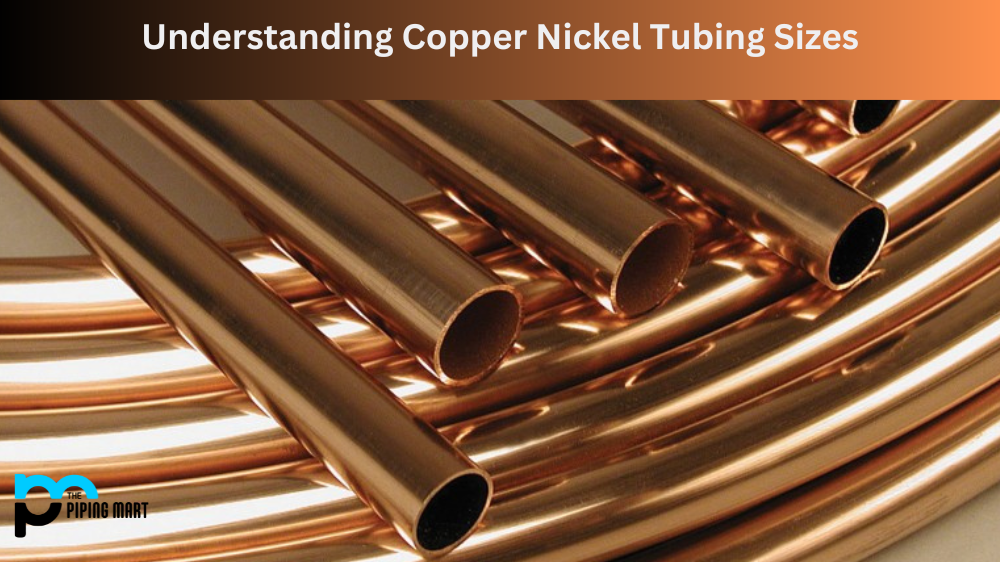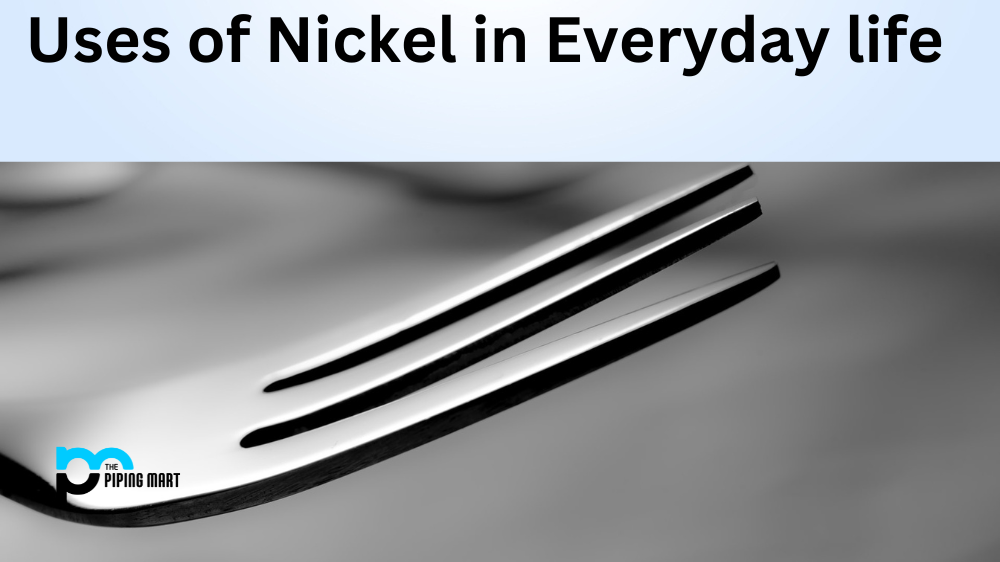Do you need clarification about which wire you should use as a heating element? Whether you are building a heating coil for an electronic device or a heating element for an electric stove, choosing the right wire is crucial. Nichrome and Copper are two of the most commonly used materials for heating elements, but which should you choose? This blog post will look closer at Nichrome vs Copper Resistance and help you make an informed decision.
What is Nichrome Resistance?
Nichrome is an alloy made up of nickel, chromium, and iron. The properties of this alloy make it an excellent choice for heating elements. Nichrome has a high melting point, which means it can withstand high temperatures without breaking down. It also has a very high electrical resistance, meaning it can generate heat easily without drawing too much current. This combination of properties makes Nichrome a good choice for applications that require a high level of heat, such as ovens and furnaces.
What is Copper Resistance?
Copper has been used as a heating element for centuries. It is an excellent conductor of heat and electricity, which makes it a popular choice for many applications. Copper also has a low resistance, meaning it can transmit electricity efficiently. However, Copper has a lower melting point than Nichrome, which makes it unsuitable for applications that require high temperatures.
Difference Between Nichrome and Copper Resistance
Durability and Maintenance
Durability and maintenance are other factors to consider when choosing between Nichrome and Copper. Nichrome is more durable and requires less maintenance than Copper. On the other hand, Copper is more malleable and can be easily shaped into different forms. However, Copper is more prone to corrosion and requires frequent maintenance to keep it in good condition.
Cost
The final factor to consider is cost. Copper is cheaper than Nichrome but may only be suitable for some applications. Nichrome is more expensive than Copper but is a better choice for applications requiring high temperatures and resistance. Ultimately, your choice between Nichrome and Copper will depend on your application, budget, and other factors.
Advantages of Nichrome over Copper
One advantage of Nichrome over Copper is that Nichrome has a higher resistivity than Copper. This means that Nichrome can handle more current than Copper before it begins to heat up. Also, Nichrome does not oxidize as easily as Copper at high temperatures, so it can be used in applications where it would quickly degrade. Finally, Nichrome has a higher melting point than Copper, so it can be used in applications where Copper would melt.
Disadvantages of Nichrome over Copper
One disadvantage of Nichrome over Copper is that Nichrome is more expensive than Copper. Additionally, while Nichrome does not oxidize as easily as Copper, it can still oxidize at high temperatures if exposed to oxygen. Finally, while Nichrome has a higher melting point than Copper, it also has a lower boiling point, meaning that it can begin to vaporize at lower temperatures than Copper.
Applications
Nichrome is typically used in electric heating elements, while Copper is typically used in electrical wiring.
Which One Should You Choose?
The choice between Nichrome and Copper depends on the application. Nichrome is the better choice for applications requiring high temperatures and resistance, such as furnaces, ovens, and heating coils for vaping devices. On the other hand, Copper is a better choice for applications that require good conductivity and low resistance, such as wiring for most electrical appliances.
Conclusion
Choosing between Nichrome and Copper for a heating element can be challenging. Nichrome is better suited for applications that require high temperatures and high resistance, while Copper is a better choice for applications that require good conductivity and low resistance. Other factors to consider include durability, maintenance, and cost. Choosing the right wire for your heating element will ultimately depend on your specific requirements and budget. This blog post has helped you make an informed decision.

Abhishek is a seasoned blogger and industry expert, sharing his insights and knowledge on various topics. With his research, Abhishek offers valuable insights and tips for professionals and enthusiasts. Follow him for expert advice on the latest trends and developments in the metal industry.




